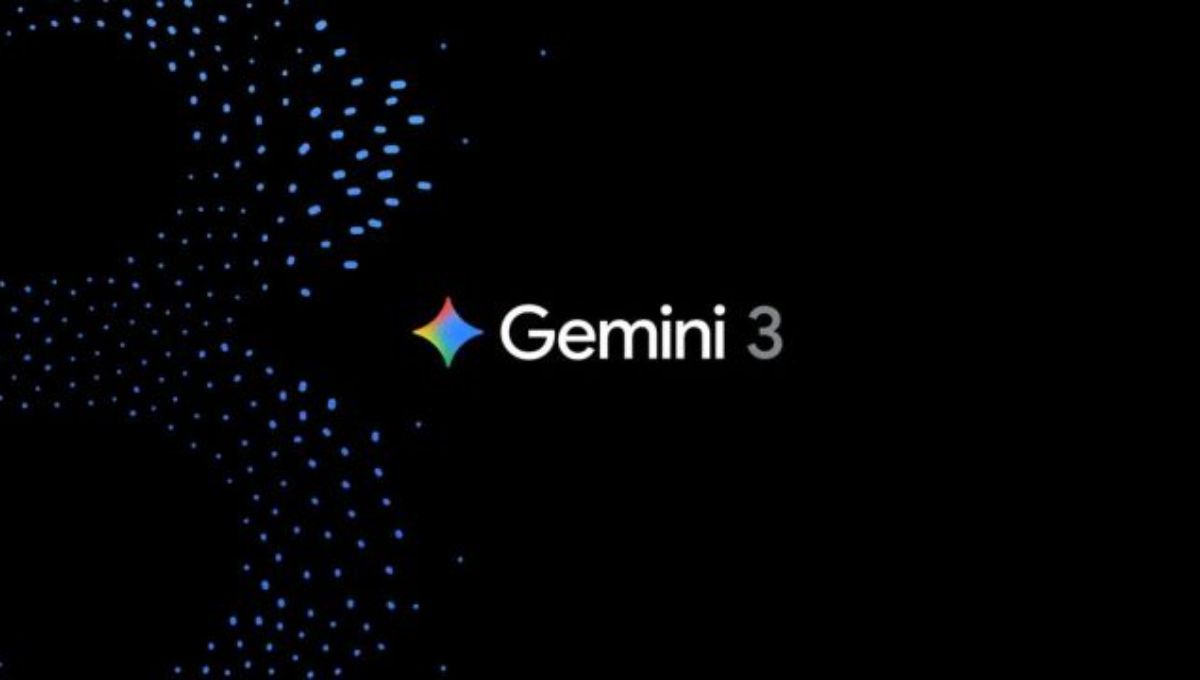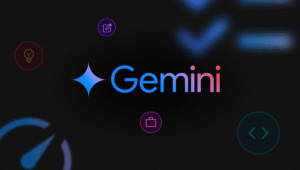Gemini 3 vs Gemini 3 Pro vs Gemini 3 DeepThink: Google’s newest large language model family, Gemini 3, has launched to strong early reception, marking one of the company’s most well-received AI releases in recent times.
Early user reports indicate that Gemini 3 offers impressive capabilities, particularly when tackling tasks that require deeper reasoning. Released on November 18, Google positioned it as the start of a “new era of intelligence.”
The model was built to deliver stronger performance on complex queries than earlier versions and is regarded as Google’s strongest system so far for “vibe-coding,” a trend in which users depend heavily on AI to generate software.
Google claims significant improvements across a range of benchmarks, stating that Gemini 3 surpasses its predecessor everywhere, achieving top spots on LM Arena, Humanity’s Last Exam, and GPQA Diamond.
Still, many experts remain cautious about benchmark reliability, noting they don’t always reflect real-world performance. Researcher Andrej Karpathy highlighted that the model seemed unaware of the year 2025 due to training cutoff limits, though he also shared an overall positive first impression.
I played with Gemini 3 yesterday via early access. Few thoughts –
— Andrej Karpathy (@karpathy) November 18, 2025
First I usually urge caution with public benchmarks because imo they can be quite possible to game. It comes down to discipline and self-restraint of the team (who is meanwhile strongly incentivized otherwise) to…
As more users experiment with the system in the coming weeks, here’s a detailed look at the Gemini 3 lineup and what each variant brings.
Gemini 3
Gemini 3 features multimodal reasoning, integrating text, vision, spatial understanding, multilingual comprehension, and a substantial one-million-token context window to support complex, layered inquiries.
Developers can use it to handle advanced instructions and generate richer, more interactive web interfaces. Google describes it as exceptionally strong in zero-shot tasks, enabling it to produce functional software components without task-specific training.
Example uses include interpreting handwritten recipes from various languages to build a sharable digital cookbook, or reviewing a user’s sports footage—such as pickleball—to highlight mistakes and produce a training plan.
According to Google, Gemini 3 has undergone extensive safety evaluations to limit overly agreeable behavior and strengthen defenses against harmful prompt manipulation.
Benchmark results show Gemini 3 leading the WebDev Arena with 1487 Elo, scoring 54.2% on Terminal-Bench 2.0 for computer-tool use, outperforming Gemini 2.5 Pro on SWE-bench Verified at 76.2%, and topping the Vending-Bench 2 test for long-term planning abilities.
Gemini 3 Pro
Google states that Gemini 3 Pro handles long-range planning exceptionally well, generating higher-quality strategic outputs and outpacing other top-tier models.
Its replies tend to be sharper and more concise, supporting use cases ranging from simplifying dense technical material through visualized code to aiding in creative ideation.
Gemini 3 Pro surpasses 2.5 Pro on all major benchmarks, leading the LMArena leaderboard with 1501 Elo and earning high scores on Humanity’s Last Exam (37.5% without tools) and GPQA Diamond (91.9%).
Designed for challenging problem-solving, it demonstrates strong results in science and math, achieving a record 23.4% on MathArena Apex and scoring highly on multimodal reasoning benchmarks such as MMMU-Pro (81%) and Video-MMMU (87.6%).
It also demonstrates improved factual accuracy, achieving 72.1% on SimpleQA Verified.
Gemini 3 Deep Think
Gemini 3 Deep Think introduces an enhanced reasoning mode built to push the model’s multimodal analytical abilities even further for users working on highly complex challenges.
In evaluations, Deep Think exceeded the performance of Gemini 3 Pro, scoring 41.0% on Humanity’s Last Exam without tools, 93.8% on GPQA Diamond, and an impressive 45.1% on ARC-AGI-2 when code execution was enabled.
Google notes that Deep Think Mode is still undergoing safety reviews and will launch for Google AI Ultra subscribers after additional testing, with more Gemini 3 series models planned for release soon.
Also Read:
Google aims for 1000x compute growth, plans to double capacity every six months: Report
Google’s new AI converts LinkedIn profiles into stunning infographics — here’s how it works.









